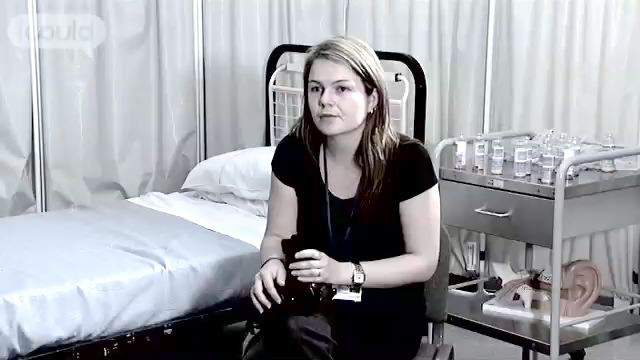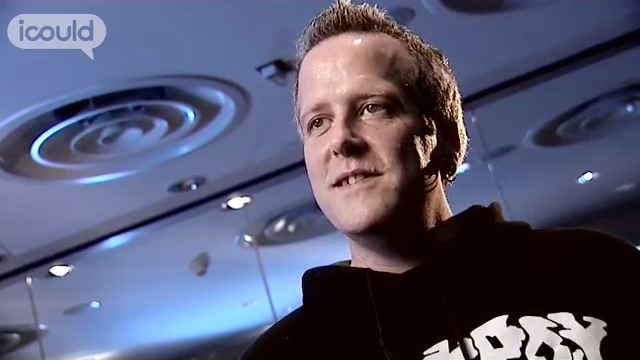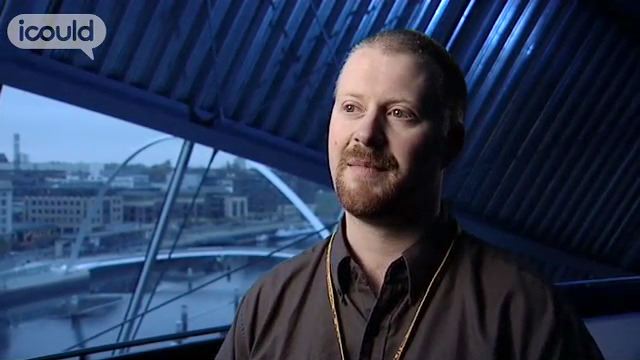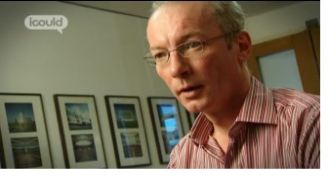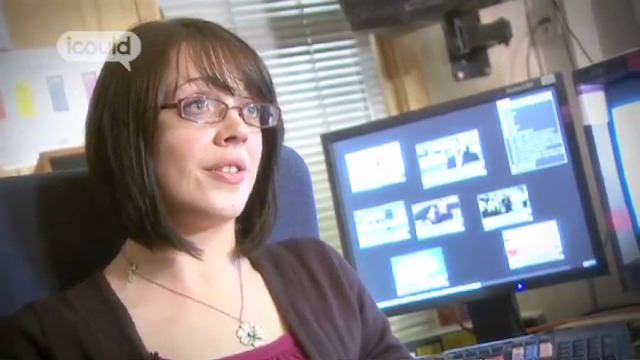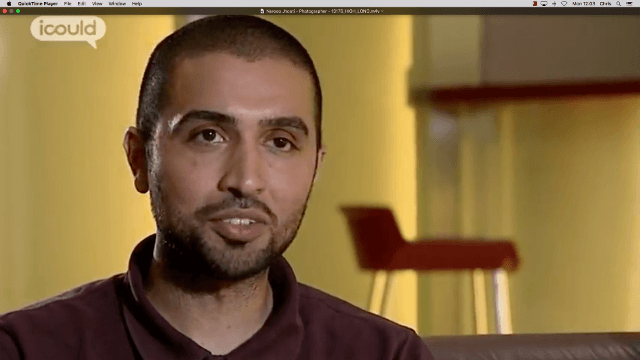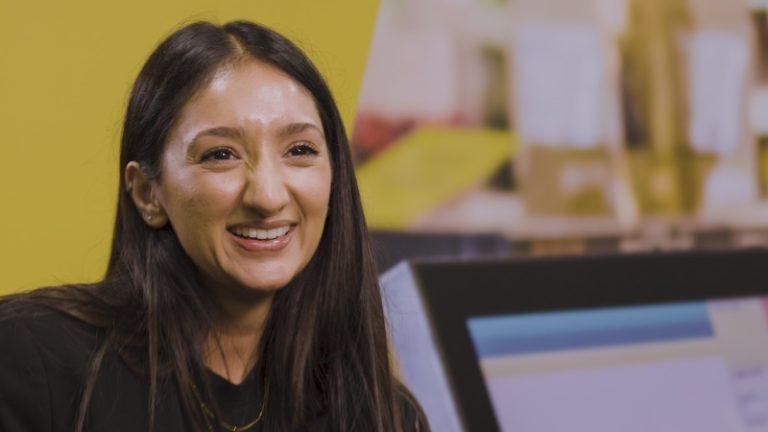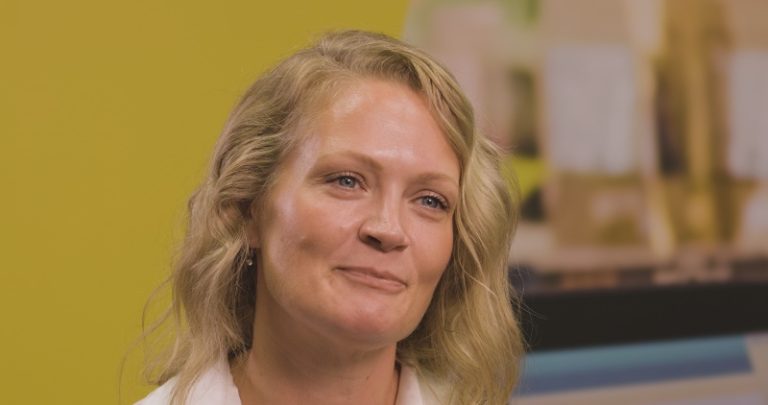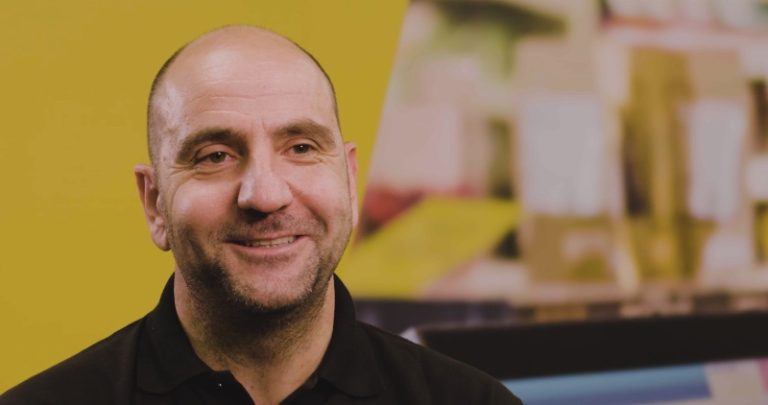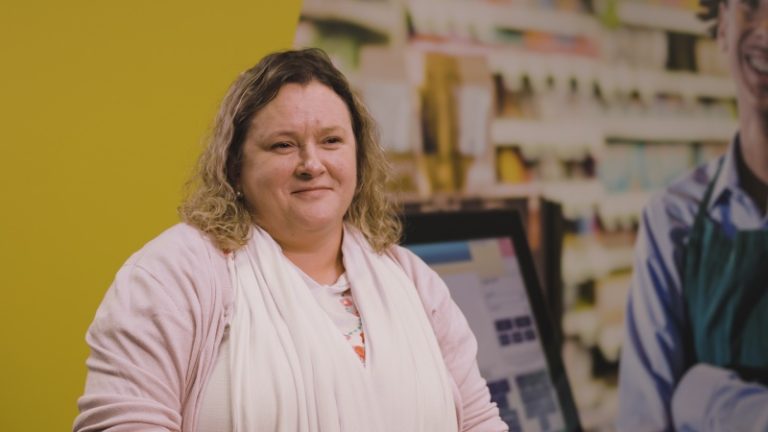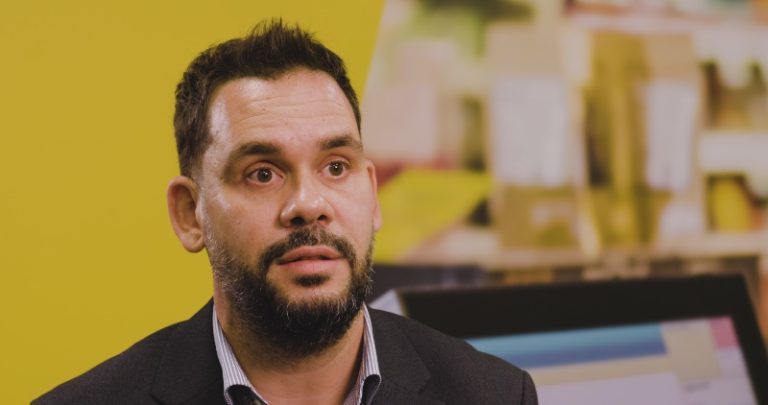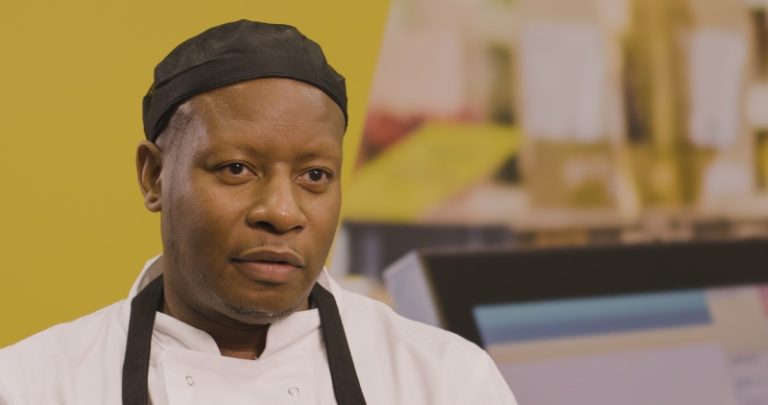Writer, Director and Cameraman
Self-employed
Dishad H
00:00:04 Hi there. My name’s Dishad. I’m a director and a cameraman and a writer of comedy films. I tend to find that I usually do the comedy just for my own personal, private work and then that most of my jobs come in for documentary, mainstream documentaries.
00:00:24 When I was a kid, I started out thinking that I’d go into something science or technical, mainly because my mum wanted me to become a scientist or a doctor and so basically, those were the things I was thinking about when I was younger and what I geared myself towards when I went to university. In fact I did a science degree at university and that was mainly to keep the folks back home happy.
00:00:50 Because no-one in my family has an artistic background or works in the media, I had no idea how you’d get into the media or how you’d get a job in the media. I didn’t actually know anyone or talk to anyone regarding this, so it was completely something that was like a pipe dream. I spent most of my time at university in the student film and television society. I did my degree obviously and I did it quite well, thank you, mum, but luckily, all the things I did on the side sort of got me, or drew me towards my eventual media career.
00:01:22 So I met someone at university who’d just been to film school and he was telling us about the joys of film school, and it was something that I hadn’t actually considered because it’s just, again, film school I wouldn’t have known what that was about, what you could get out of it, and he had explained that it was a good way of getting into the career and you should apply.
00:01:48 So luckily, because of entering competitions at student level, I was able to get into film school after university through my work that I had done as a student. My first job was great because the company I was working for allowed young people to do a lot of… take on a lot of responsibility. I got actually a lot of chance to work on shows by being a camera person, and that’s quite rare but it was lucky that it was a great environment. It was a big step down, I think. I think as soon as…I was about to leave film school, it’d sort of given me loads of real, you know, encouragement and hoped to become, you know, a Hollywood superstar. But as soon as you left film school, you’d find out that you’re sort of back on the lower rung again.
00:02:33 So that was, yeah, it was an interesting sort of, yeah, falling on your feet. But yeah, sort of knowing that you’re starting all over again.
00:02:45 So this is Holly Bolly. It’s a ten minute, short comedy that I funded myself. And it’s basically…it took me one and a half years to make with all my own money and I took it round the festival…the film festival circuit and it did really well. I think it won eleven awards altogether and basically got me another directing job soon after with Channel Four. It’s just something that, yeah, it’s a labour of love that got me my next directing gig.
00:03:12 Before this, I was mostly just doing sort of camera work, assistant producing work for other people just as a job and doing things that were really interesting but it wasn’t something that I’d created or crafted myself. This gave me the confidence to go ahead and do my own projects.
00:03:31 The best way of looking at it is, ‘it’s the journey, not the destination’. So as long as I’m working, I’ll be happy. It’s not about the glamour and the glitz and the red carpets. It’s nice if you get, you know, get there with the film festivals, but the main thing is just enjoying working. I love working even if it’s making a low budget documentary. I love doing any work, so I’m just happy working, I think.
Dishad Husein is a freelance director, cameraman and writer of comedy. When he was at school he had no idea about jobs in the media. He did a degree in science, but spent a lot of his time in the student film and television society. This experience enabled him to get into film school, where he learned the skills he uses today.
More information about Photographers, audio-visual and broadcasting equipment operators
The UK average salary is £29,813
There are 37.5 hours in the average working week
The UK workforce is 47% female and 53% male
Future employment
- Selects subject and conceives composition of picture or discusses composition with colleagues
- Arranges subject, lighting, camera equipment and any microphones
- Inserts lenses and adjusts aperture and speed settings as necessary
- Operates scanning equipment to transfer image to computer and manipulates image to achieve the desired effect
- Photographs subject or follows action by moving camera
- Takes, records and manipulates digital images and digital video footage
- Controls transmission, broadcasting and satellite systems for television and radio programmes, identifies and solves related technical problems
- Checks operation and positioning of projectors, vision and sound recording equipment, and mixing and dubbing equipment
- Operates equipment to record, edit and play back films and television programmes
- Manages health and safety issues
- Operates sound mixing and dubbing equipment to obtain desired mix, level and balance of sound
- Maintains, repairs, programs and operates unmanned aircraft to provide aerial photographs and video
